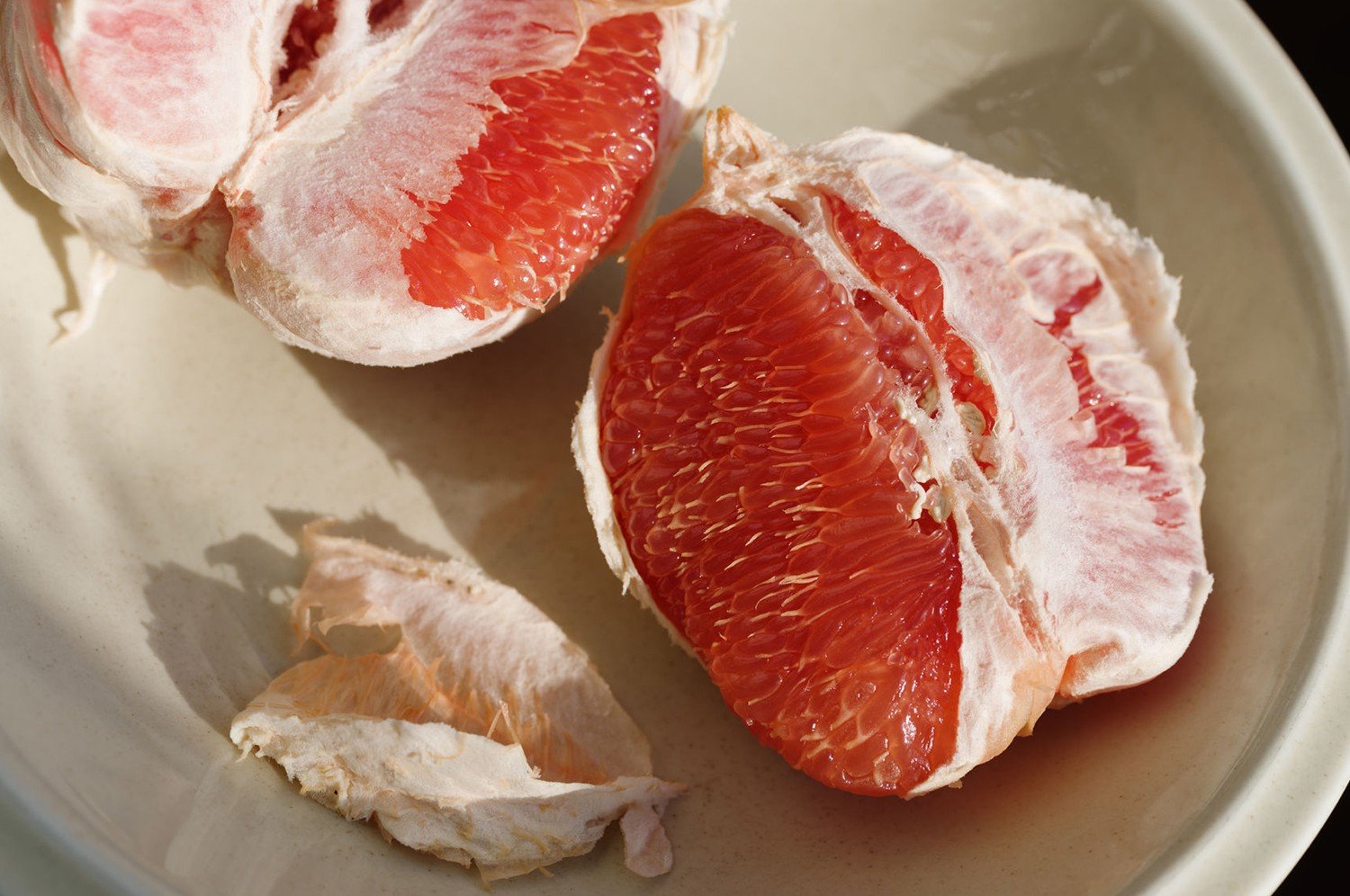Acupuncture: Chinese Medicine’s IVF
Whether you’ve dabbled in eastern medicine or felt cupping-curious after seeing your favorite lifestyle influencer post about their last sesh, there’s still a good dose of mystery shrouding acupuncture. Coincidentally, there’s a similar lack of understanding around women’s reproductive health. In a recent British study, Vice reported only one-third of women were able to correctly place the six labels — vulva, vagina, cervix, uterus, fallopian tubes, and ovaries — on a diagram. (Yikes!)To help bring clarity to both subjects, we recently spoke with Jacqueline Gabardy, an LA-based acupuncturist, herbalist, and holistic fertility coach. While she treats a wide range of ailments, her practice, Sweet Beet Acupuncture, specializes in helping people balance hormones, treat uterine conditions, and boost fertility, while being a great source of support through the pregnancy and postpartum phases.Though she studied biology at USC for undergrad, Gabardy didn't know what she wanted to do post-college because she wasn’t interested in the traditional paths (like medical school) often chosen by biology majors. After getting into herbalism as a hobby, the curious scholar ended up finding a Chinese medical school in her area that offered herb and acupuncture classes, and decided to give them both a try.In hopes of lessening her stress load, Gabardy opted in for some acupuncture sessions herself. However, as soon as her practitioners started inquiring about her periods, it was clear something was wrong –– she was experiencing abnormally long cycles, terrible menstrual pain, and PMS. “My hormones were a total mess,” she remembers.
With western medicine providing no cure for her menstrual woes, Gabardy was thrilled to find that acupuncture and herbal medicine were actually helping. Within six months of treatment, her cycles and periods were totally different -- her cramps now mild, cycles regular, and hormones normal.
Floored at the new world of options that opened up, she realized she had been unjustly suffering for years, simply from a lack of the right information. “It became clear to me that reproductive health would become my focus,” says Gabardy. “It meant so much to me to be able to heal that part of myself. I was (and still am) really excited to share this medicine with other people who can benefit from it.”Gabardy knows that reproductive health isn't just about actually reproducing. For many people it can be a much longer journey, whether that means making choices about birth control options, keeping an eye on hormones, or working on normalizing cycles long before being ready to get pregnant. Her intention is to help each individual when (and if) that time comes, and to make sure they’re in good shape and don’t suddenly encounter any surprises.Something most people don’t understand is that reproductive health comes secondary to overall health. Our bodies don’t need to reproduce to survive and only will divert resources to procreate if all its other systems are functioning normally (particularly our digestive and endocrine systems).This means that before an acupuncturist can help treat reproductive issues like PCOS, Premature Ovarian Failure and Diminished Ovarian Reserve, unexplained infertility, Luteal Phase Defect/low progesterone, estrogen imbalances, high prolactin levels, and male factor infertility (including low count, morphology, or motility), they might need to first focus on stabilizing other bodily systems. The best part about Chinese medicine being a treatment for reproductive issues is that it’s available and beneficial to anyone at any point -- whether you’re just starting to think about conceiving or whether you’ve been through several rounds of IVF and haven't found success. Overall, acupuncture and herbal medicine have been found to be very effective at improving fertility outcomes. For treatment, Gabardy recommends acupuncture weekly, with herbal medicine taken daily (including remedies from her own line, Angelica Herbals). But, she disclaims, success is a holistic approach that extends well outside the exam room. “I commonly work with patients on their diet and lifestyle, encouraging them to eat more whole foods and get moderate exercise,” Gabardy shares about her practice. “I may ask you to avoid certain foods, get more sleep, or add meditation into your routine. It's not always just the needles or herbs that do the trick... sometimes we need to come at the issue from several different angles to get the best results.”Chinese medicine is a powerful alternative or complement to a western medicine plan. Gabardy’s philosophy isn’t that one is better than the other; they’re just different practices with different tools. So why wouldn’t you want to use all the tools available?Heather Sundell is a Los Angeles-based writer, blogger, storyteller, and content and branding professional. Her writing has been featured in the Los Angeles Times, Refinery29, Forbes, XOJane, Los Angeles Magazine, and more. You can find her online as her digital alter ego @MissHezah, blogging at MissHezah.com, or, when in doubt, check the mall.
